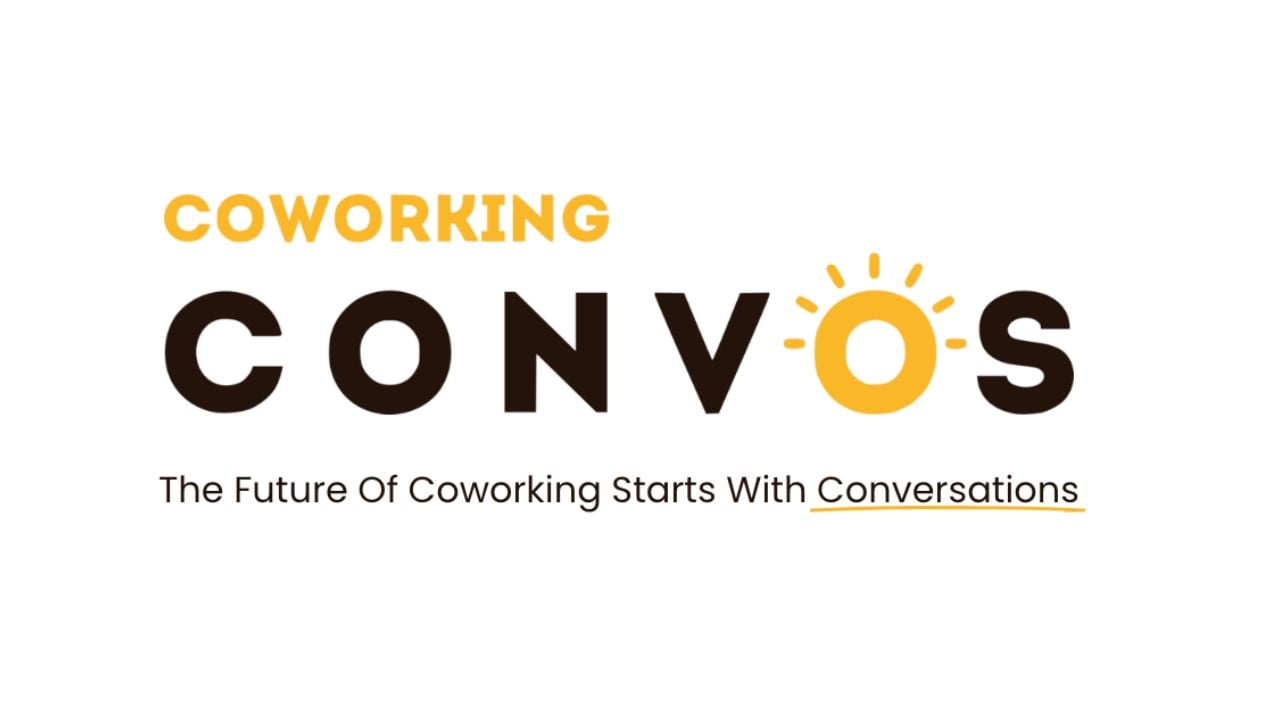Technology has played a significant role in shaping how we view the workplace today, but another factor has been driving the work revolution: women.
Manon DeFelice, CEO of Inkwell, started the company when she realized how many women were leaving the workforce to care for their children. Inkwell helps women and men find flexibility so they can continue working without giving up time with their families.
“We showed up thinking flexibility was more of a women’s issue than we realized. It’s a society issue,” said Emilie Wagner, founder of Think Mobius. “Flex work is so multifaceted and has different definitions depending on who you ask. It’s not just hours or days of the week; it’s not just remote work. There are a bazillion different variables that fit this ambiguous term. The complexity of the phrase or need made us realize that it’s for everyone.”
While conversations involving flexibility typically focus on having children, Shavon Brown, head of people operations at Crisis Text Line, said that we need to apply these offerings to other life events, such as dealing with illness or caring for an elderly parent.
“We are leading by example, whether it’s creating stronger work-from-home policies or flexible hours that allow for meetings with deeper collaboration,” said Brown. “We’re not structuring policies where you can’t leave to take care of a doctor’s appointment for your child, or when a bad commute might impact your mental health for the day.”

 Dr. Gleb Tsipursky – The Office Whisperer
Dr. Gleb Tsipursky – The Office Whisperer Cat Johnson – Coworking Marketing Maven
Cat Johnson – Coworking Marketing Maven Angela Howard – Culture Expert
Angela Howard – Culture Expert Drew Jones – Design & Innovation
Drew Jones – Design & Innovation Andrea Pirrotti-Dranchak – Competitive Advantage
Andrea Pirrotti-Dranchak – Competitive Advantage Jonathan Price – CRE & Flex Expert
Jonathan Price – CRE & Flex Expert Jeremy Fennema – Tech Innovation Alchemist
Jeremy Fennema – Tech Innovation Alchemist










